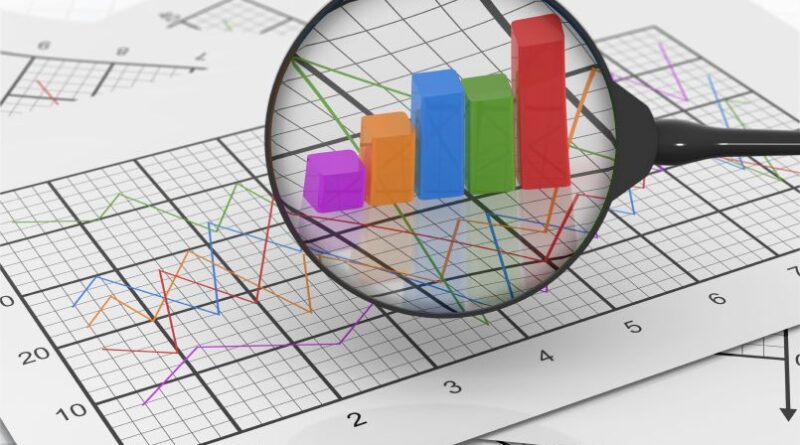The future is bright with Business Analytics
Hence, analytics is often the only way to get competitive advantage. Many leading companies are building their competitive strategies around data-driven insights by using analytical techniques and tools. On the website of IBM it is mentioned that ‘recent studies show, that organizations that apply analytics outperform their peers. Just look at their financial results: up to 1.6x revenue growth, 2x EBITDA growth and 2.5x stock price appreciation’.
For an important part, this development is made possible by the improvements in ICT. In the past the lack of data was a big problem for many companies, but due to the ICT developments nowadays often huge amounts of data are available. Many companies now face the following problem: we have big data, but how can we extract useful information from this data, and how can we use this information to get better decisions? The answer is: use analytics!
In the above mentioned book, four different levels of degree of intelligence and competitive advantage are distinguished in analytics:
1. Optimization – what is the best that can happen?
2. Predictive modeling – what will happen next?
3. Forecasting and extrapolation – what if these trends continue?
4. Statistical analysis – why is this happening?
All of these four categories are important parts of both our econometrics bachelor and master programs. You can imagine that, since I am a researcher in Optimization, I am proud that the authors put Optimization at the highest level of intelligence and at the highest level of competitive advantage for companies.
My advice to the econometrics students is to read more on Business Analytics and to follow the developments in this area. Besides the above mentioned book, the same authors together with Robbert Morison, also wrote a second book that is very interesting to read: ‘Analytics at work, smarter decisions, better results’ (Harvard Business School Press 2007). Moreover, the above mentioned INFORMS society also publishes a very interesting electronic journal on this topic. This journal can be read from the webpage: http://www.analytics-magazine.org/.
I would like to finish with two remarks. The first is that the name ‘Business Analytics’ is maybe too restrictive. One might think that analytics is only useful for companies. However, analytics is also used a lot in other sectors, e.g. by governments or in medical areas. My second remark is on the slogan of Tilburg University. As you all know this slogan is: ‘Understanding Society’. However, with analytics taught at the Econometrics and Operations Research department one can go further: ‘Improving Society’!
Tekst by: Dick den Hertog




